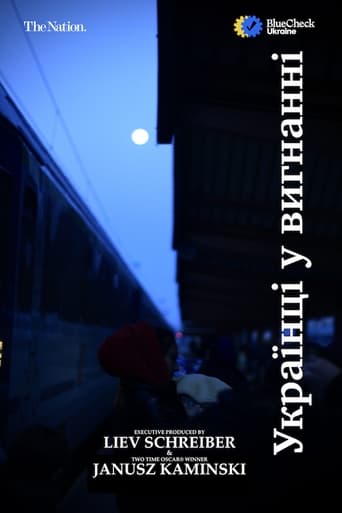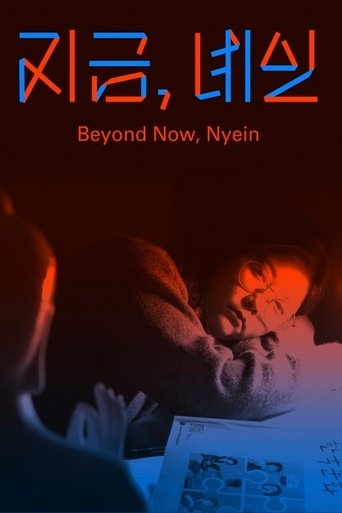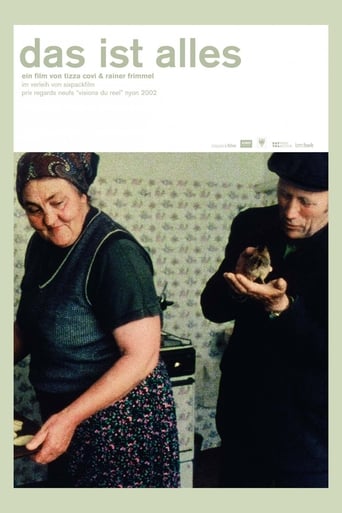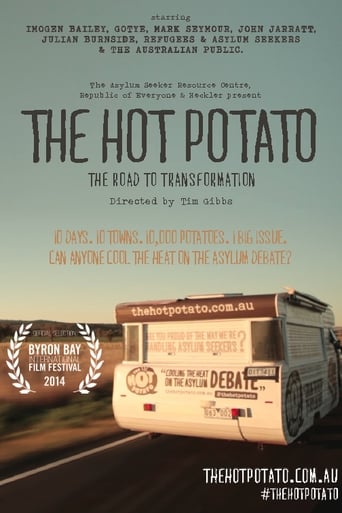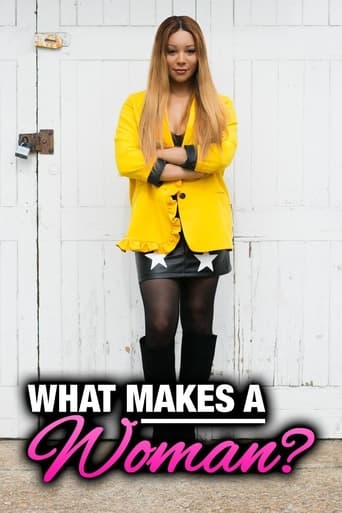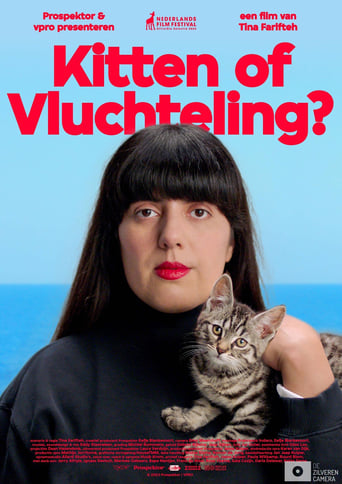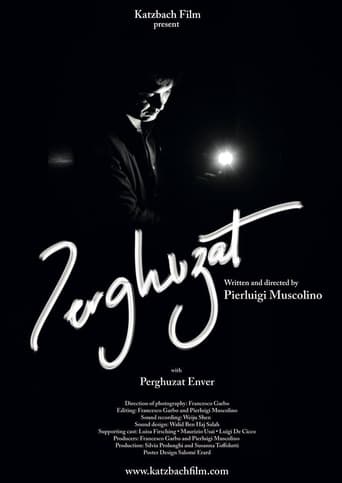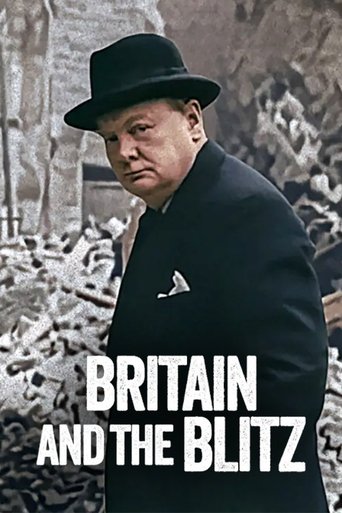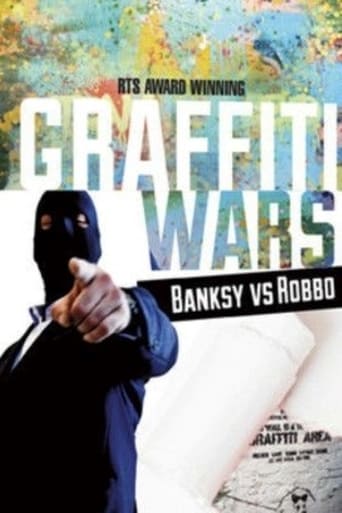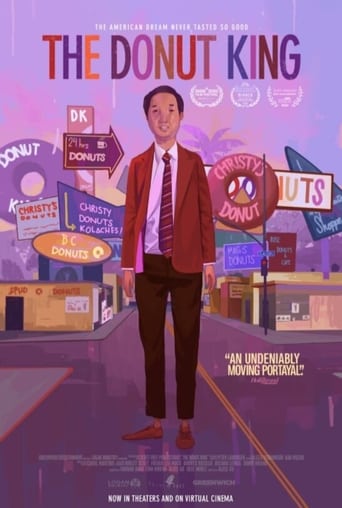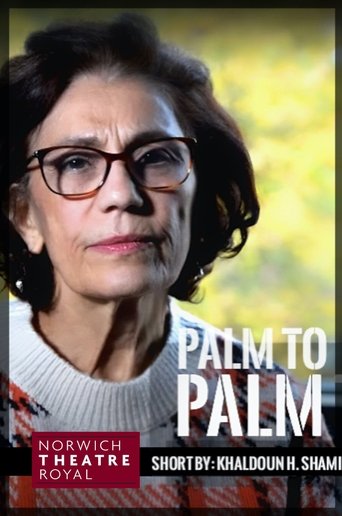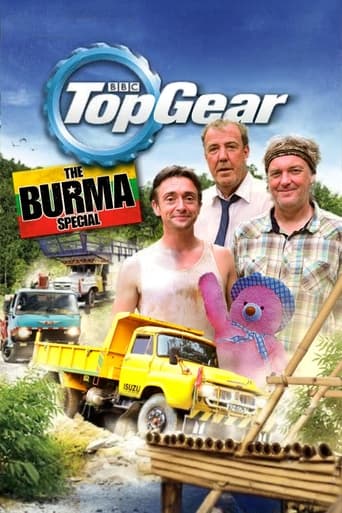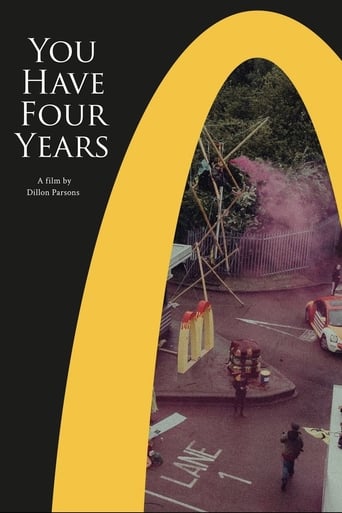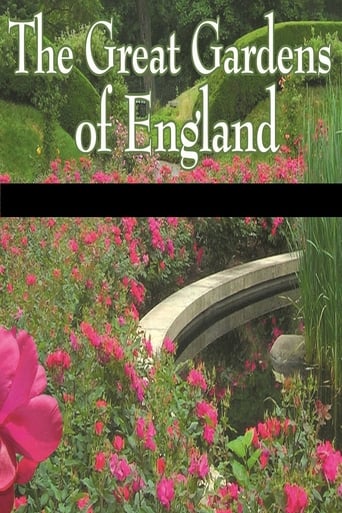
23 Jul 2014

The Great Gardens of England
the Gardens at Hidcote Manor, Mottisfont Abbey, Sissinghurst Castle With a cameo appearance by Nigel Nicolson Why did American-born Major Lawrence Johnston spend much of his lifetime creating a storied garden in a remote part of the Cotswolds? What is Graham Stuart Thomas's glorious collection of antique roses doing in a medieval English Abbey? What persuaded author, poet and plantswoman Vita Sackville-West and her husband Harold Nicolson to buy a derelict ruin on the edge of the Kentish Weald to create their fabled garden? Their son, Nigel Nicolson, reminisces about this most beloved of gardens and his now legendary parents. An extensive tour of each garden examines design, plantings, close-up details, and observations by gardeners. An hour of sheer enjoyment, beauty, and an excellent source of inspiration for those with a love for gardens.
